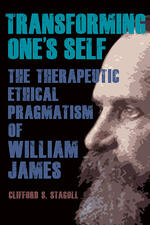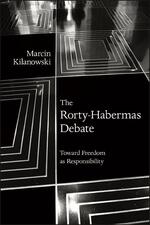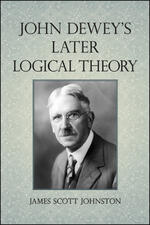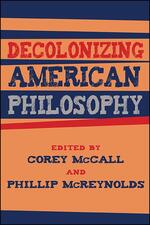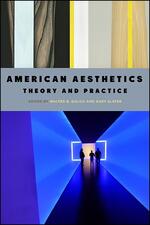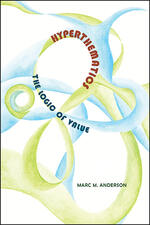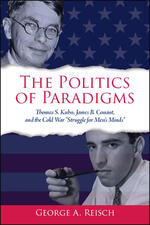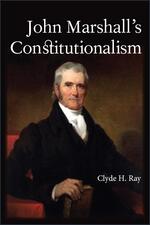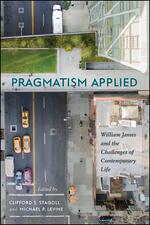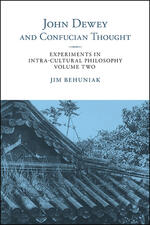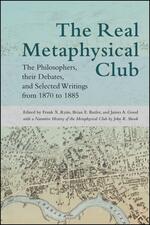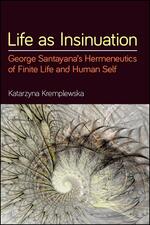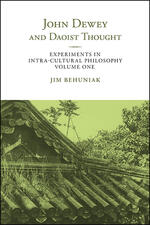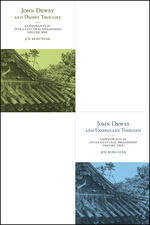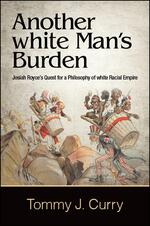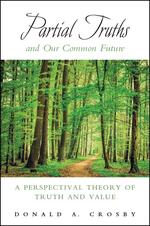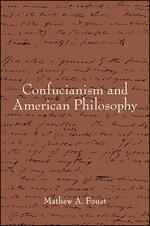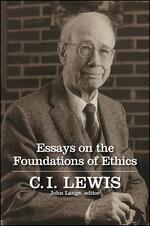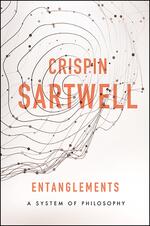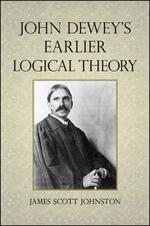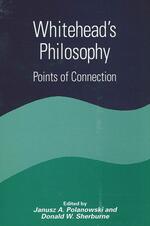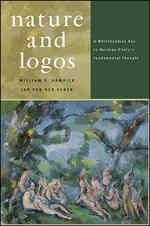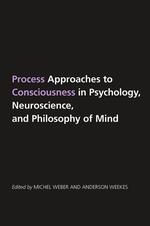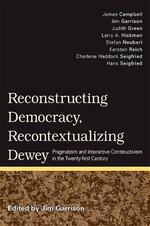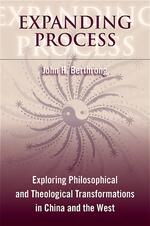American Philosophy
Transforming One's Self
A fresh and rigorous interpretation of William James's ethical theory, showing how experimenting with life's opportunities can transform one's self and life.
The Rorty-Habermas Debate
Argues that out of the confrontation between Rorty and Habermas, we might be able to find a new way to think about the kind of politics we need today.
John Dewey's Later Logical Theory
A study of the development of Dewey's logic from 1916-1937 leading up to his final 1938 book on the subject.
Decolonizing American Philosophy
Wide-ranging examination of American philosophy's ties to settler colonialism and its role as both an object and a force of decolonization.
American Aesthetics
Proposes a distinctly American approach to aesthetic judgment and practice.
Hyperthematics
Presents a new and unique method for developing principles to be applied in creating and increasing value.
The Politics of Paradigms
Uncovers long-ignored political themes—ideology, propaganda, mind-control, and Orwellian history—at work within the pages of The Structure of Scientific Revolutions.
John Marshall's Constitutionalism
A study of John Marshall's political thought with special emphasis on his views of constitutional legitimacy, sovereignty, citizenship, and national identity.
Pragmatism Applied
Illustrates how William James’s philosophical pragmatism can help to resolve issues in everyday contemporary life.
John Dewey and Confucian Thought
Assesses John Dewey’s visit to China in 1919–21 as an “intra-cultural” episode and promotes “Chinese natural philosophy” as a philosophical context in which to understand the connections between Dewey’s philosophy and early Confucian thinking.
The Real Metaphysical Club
A full account of the Metaphysical Club, featuring the members’ philosophical writings and four critical essays.
Life as Insinuation
A holistic reinterpretation of Santayana’s thought in terms of a dramatic philosophy of life.
John Dewey and Daoist Thought
Proposes an “intra-cultural philosophy” based on John Dewey’s “cultural turn” and promotes Daoist thought as a resource that can help to reconstruct outmoded assumptions that continue to shape how we currently think.
Experiments in Intra-cultural Philosophy Set (Volumes 1 and 2)
Argues that we move beyond philosophy that is simply “comparative” and uses John Dewey’s late period reflections as the basis for an alternative.
Another white Man's Burden
Demonstrates the extent to which Josiah Royce’s ideas about race were motivated explicitly in terms of imperial conquest.
Partial Truths and Our Common Future
Argues that a pluralistic understanding of truth can foster productive conversations about common concerns involving religion, science, ethics, politics, economics, and ecology without falling into relativism.
Confucianism and American Philosophy
A comparative analysis of Confucianism and the American Transcendentalist and Pragmatist traditions.
Essays on the Foundations of Ethics
Presentation of C. I. Lewis's final book, formulating a cognitivistic ethics.
Entanglements
Presents strikingly original and contemporary answers to the most traditional philosophical problems in epistemology, ethics, aesthetics, and political theory.
John Dewey's Earlier Logical Theory
Analysis of Dewey's pre-1916 work on logic and its relationship to his better-known 1938 book on the topic.
Whitehead's Philosophy
Demonstrates myriad points of connection between Whitehead's philosophy and mainstream philosophical traditions.
Nature and Logos
Exploration of Alfred North Whitehead's influence on Maurice Merleau-Ponty's ontology of nature.
Process Approaches to Consciousness in Psychology, Neuroscience, and Philosophy of Mind
Opens a dialogue between process philosophy and contemporary consciousness studies.
Reconstructing Democracy, Recontextualizing Dewey
Leading scholars challenge and reinvigorate the pragmatic method of John Dewey.
Expanding Process
Brings Chinese Daoist and Confucian thought into conversation with Western process, pragmatic, and naturalist philosophy and theology.
